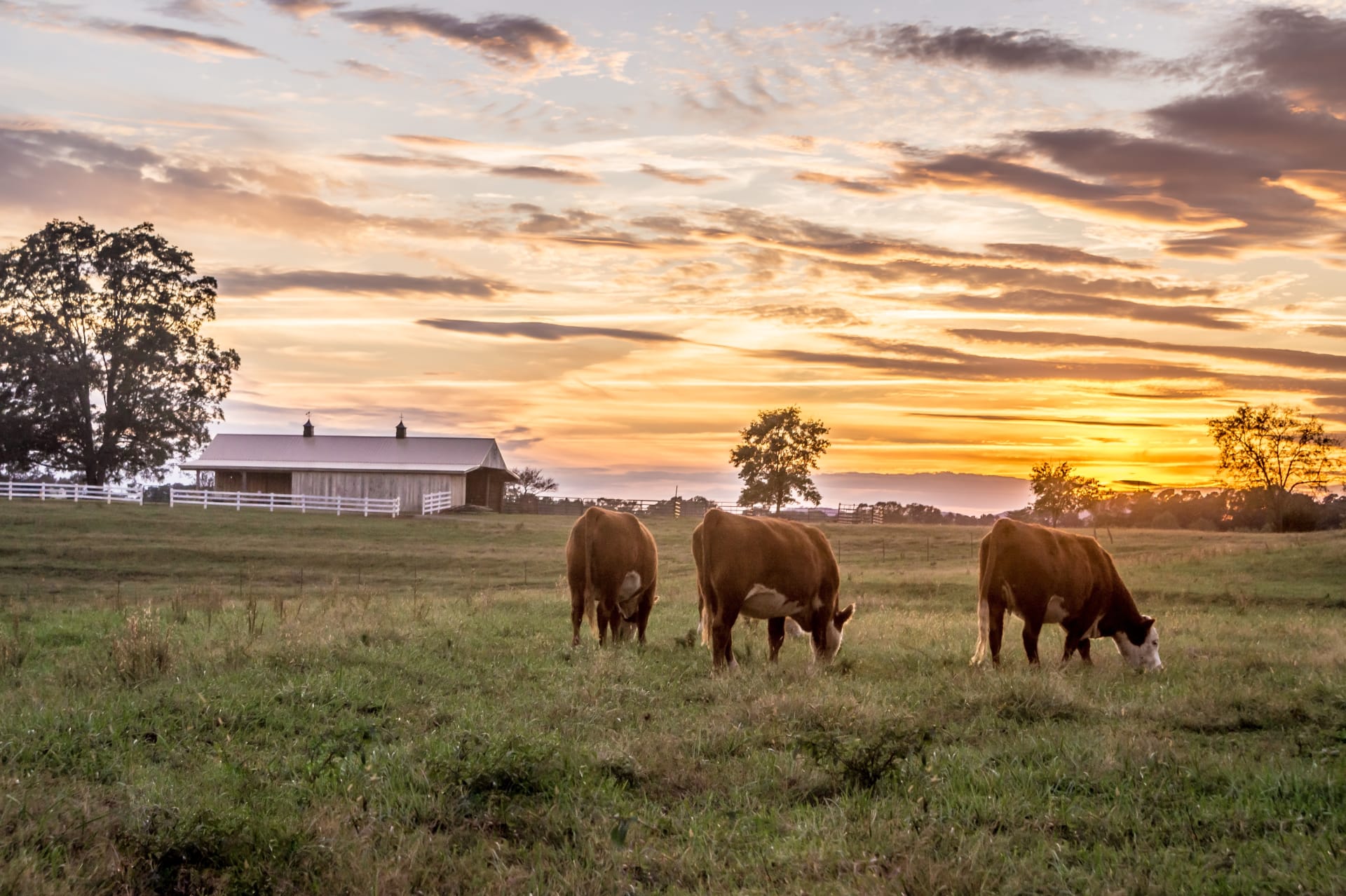You are using an outdated browser. Please upgrade your browser to improve your experience and security.
Support Biodiversity & animal welfare
The issues
- Desserts and pastries often use fewer ingredients in higher volumes than the rest of the kitchen. This can make the potential for over-reliance on certain crops and ingredients a bigger concern
- Dairy and eggs feature heavily in sweet gastronomy. How the animals are treated needs to be considered from ethical and environmental perspectives
- The growing trend towards veganism means an increasing need for, and reliance on, alternative ingredients, such as oat or nut milk instead of dairy. The impacts of these ingredients often come with their own social and environmental concerns.
Why it matters
Increasing demand for food can lead to land, such as forests, being converted for agricultural use. The replacement of the natural environments with crops and or livestock farming can result in a loss of animal and plant life, as can the use of chemical fertilizers and pesticides. As well as contributing to biodiversity loss and environmental pollution, agriculture can accelerate climate change through the release of greenhouse gases and the destruction of plants and woodlands that store carbon dioxide.
Higher welfare standards on farms offer animals better treatment and living conditions. Ethical farming practices can mean animals have more space and varied natural environments to live in, as well as supporting biodiversity by preserving habitats for plants and insects.
Top tips to support Biodiversity & animal welfare
- Use cage-free eggs as an absolute minimum
- Ask your suppliers about the welfare standards in place for all dairy items
- Source organic dry store goods such as flour and sugar which ensure positive growing practices with minimal chemical intervention


